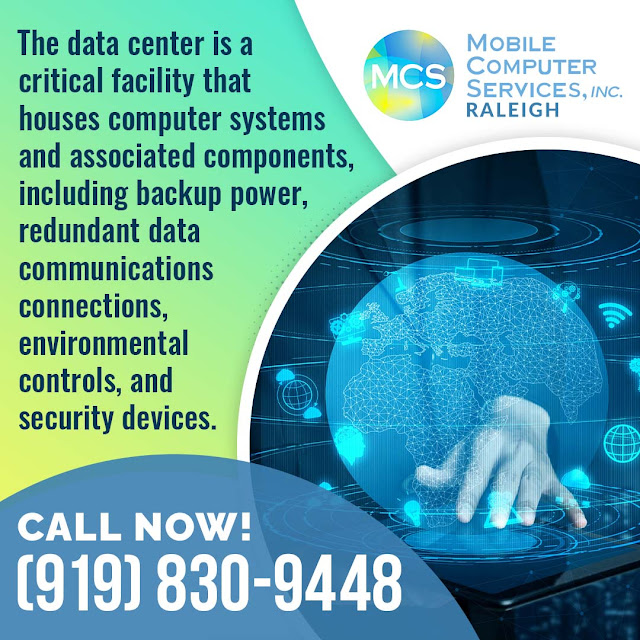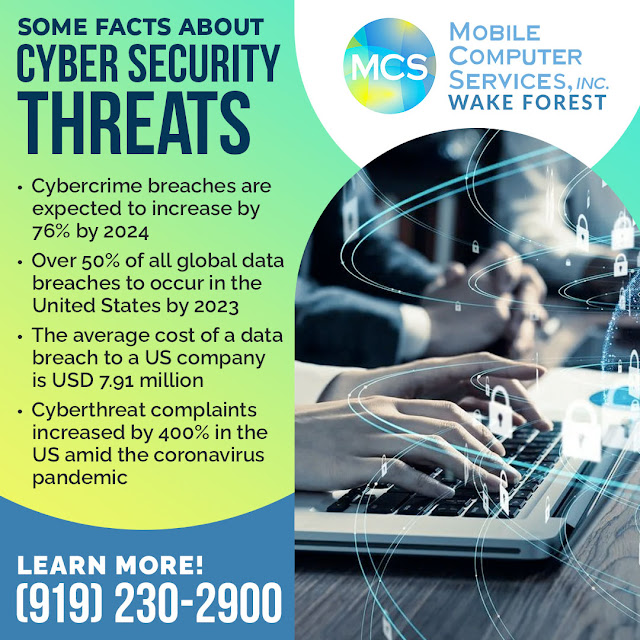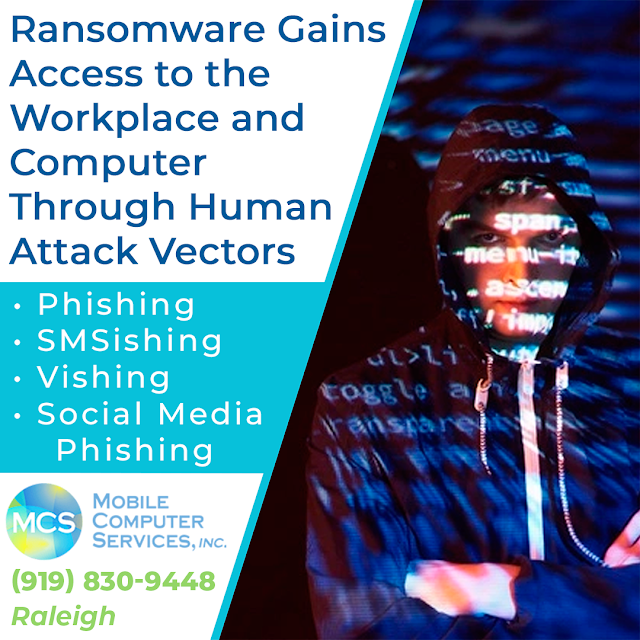The benefits of data centers for businesses
As technological advances continue to change the way organizations do business, the need for data and power increases. Businesses now need to maintain their own data center; rent space with a colocation company and hand tasks over to a managed service provider (MSP); or pay for cloud-based services. Mobile Computer Services, a managed IT services company, shares the benefits of a data center for businesses.
The data center is a critical facility that houses computer systems and associated components, including backup power, redundant data communications connections, environmental controls, and security devices. Heating, Ventilating, and Air Conditioning (HVAC) and fire protection systems become critical to system maintenance and recovery.

Data centers are the powerhouses of the industrial world. However, the time, capital, logistical, and personnel investment in maintaining a data center can be overwhelming for most companies. It is, therefore, conducive for a business to outsource its power needs.
Most specifically, outsourcing to data centers allows a company to focus on its consumer objectives instead of technological maintenance. Here are the various benefits of outsourcing to data centers.
1. It is cost-effective
Building and maintaining an onsite data center is a huge initial and ongoing investment for any business. Small businesses, especially, are short on money, space, or employees required to manage an owned, onsite data hub. By collaborating with a data center, businesses can experience a seamless running of applications; easily access data that is safe and secure; get all space, connectivity, power, and cooling needs managed by professionals; get regular data backups performed regularly; and backup generators that ensure there is no loss of data or time. The cost of all these services onsite would be phenomenal.
Outsourcing to a data center is extremely cost-effective for organizations.
2. Maintains a competitive edge
Data analytics and computing resources play an important role in business strategies today. With the increased computing resources, small businesses can utilize “big data” analytics that bigger companies have access to. This enables small businesses to elevate their business and move into the same playing field as their competitors. Turning to a colocation or MSP for data center services helps businesses stay in the game minus the high costs.
3. Allows scalability
It is estimated that 463 exabytes of data will be generated each day by people by 2025. Business data needs are headed for an exponential expansion. A data service center allows businesses to scale seamlessly and effectively. As the business data needs expand, businesses can continue to scale incrementally.
4. Ensures security and compliance
Data is an invaluable asset for a business. The need to protect data and to adhere to all legal and compliance rules associated with securing data are a must for all organizations. By partnering with a data service center, businesses can utilize the state-of-the-art security mechanisms and receive 100% monitoring to optimize data security. Moreover, modern data service centers are designed with compliance in mind and undergo regular audits to ensure a strict adherence to the regulatory standards.

Why Mobile Computer Services?
Mobile Computer Services is a professional IT services company that works with small and medium-sized businesses in Raleigh NC. The services include:
- Managed IT services - 24x7 proactive monitoring and management of the company's IT infrastructure.
- Network services: Comprehensive care for the network systems provided by certified technicians.
- Business continuity planning: Get the business back on its feet swiftly during and after disasters.
- IT consulting: High-caliber advice from professional consultants to help achieve business goals.
- Security: Safeguard business from malicious hackers and cyber attacks.
- On-demand services: Day or night, the dedicated support staff is always available to assist.
- Office move: Professional office relocation and network cabling services.
- VoIP: Reduce telecom expenses and improve communications with powerful phone systems.
- Email Protection: Protect mail systems from spam and malware.
Contact Mobile Computer Services, Inc. at Raleigh NC today at (919) 830-9448 to find out about its Managed IT services.





